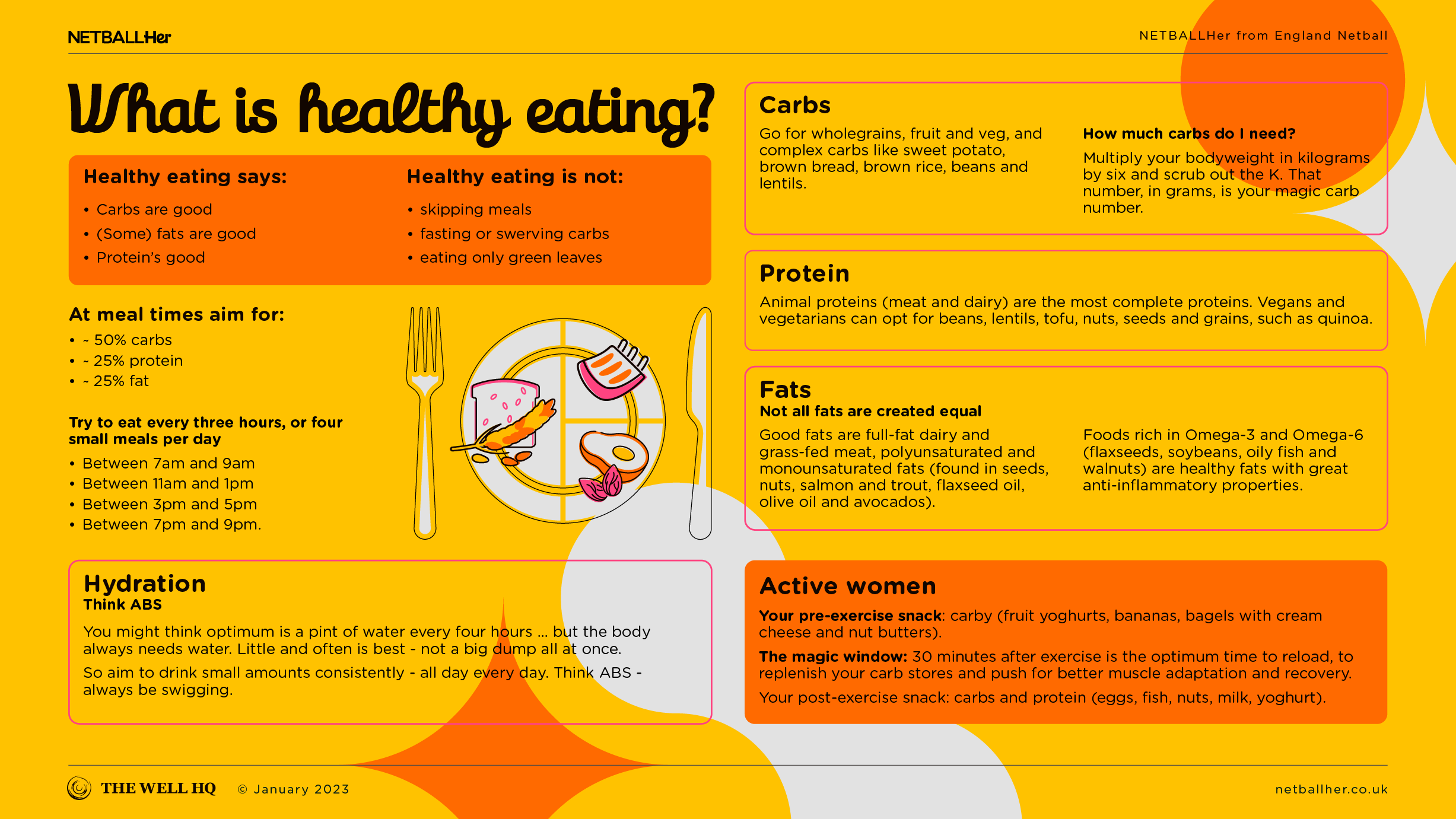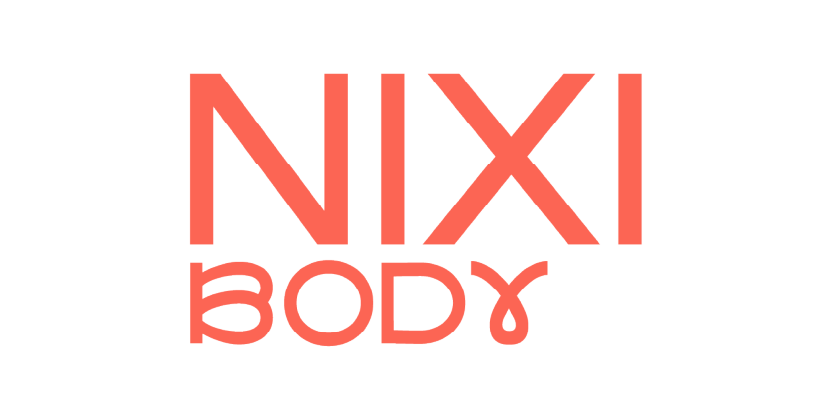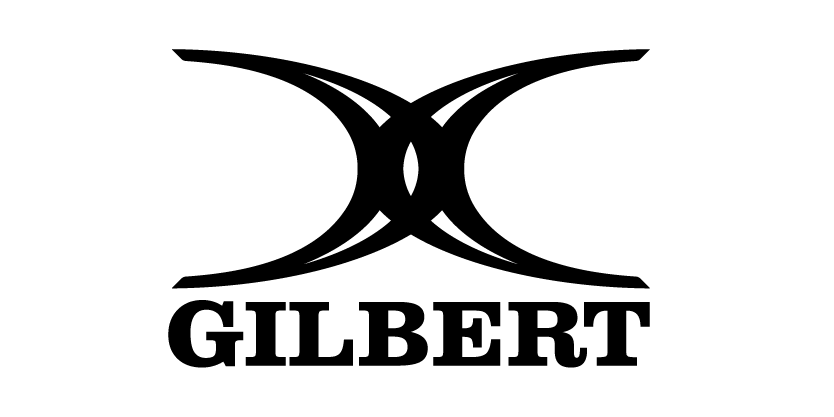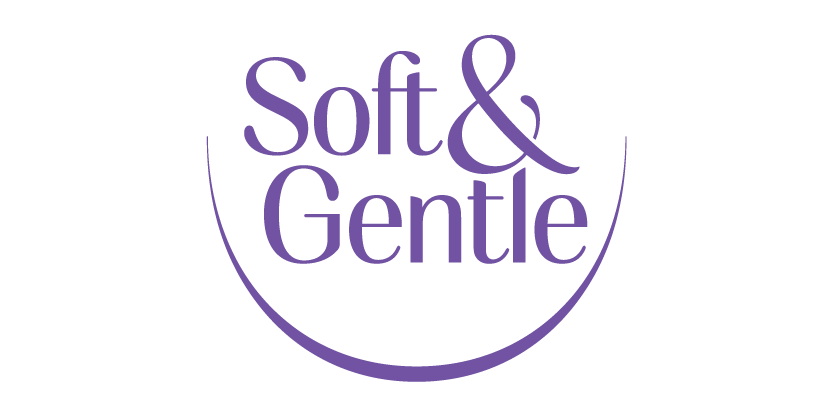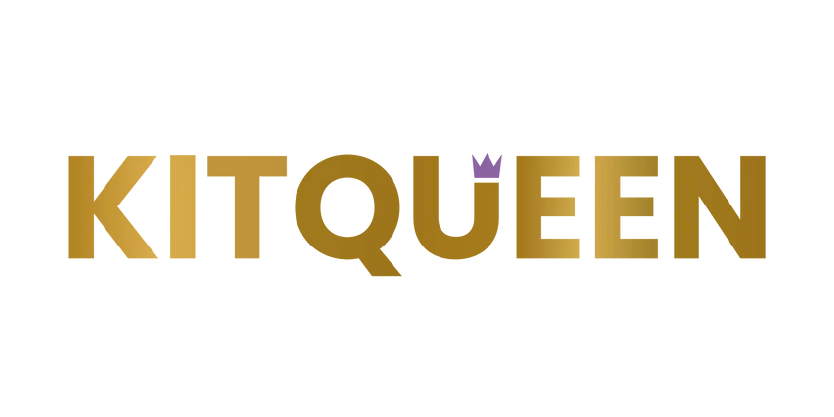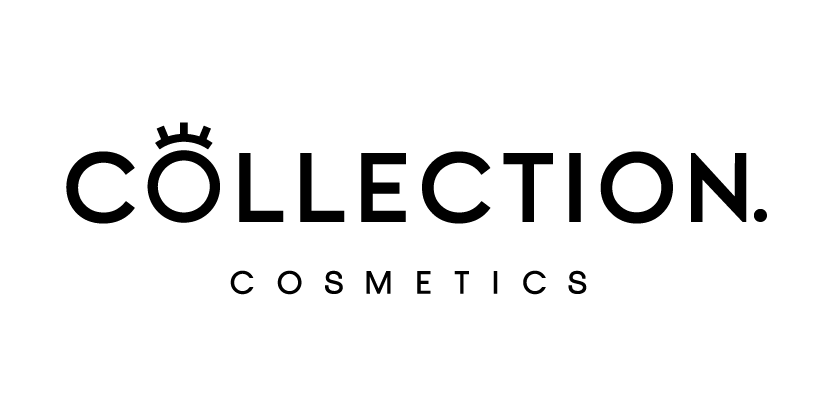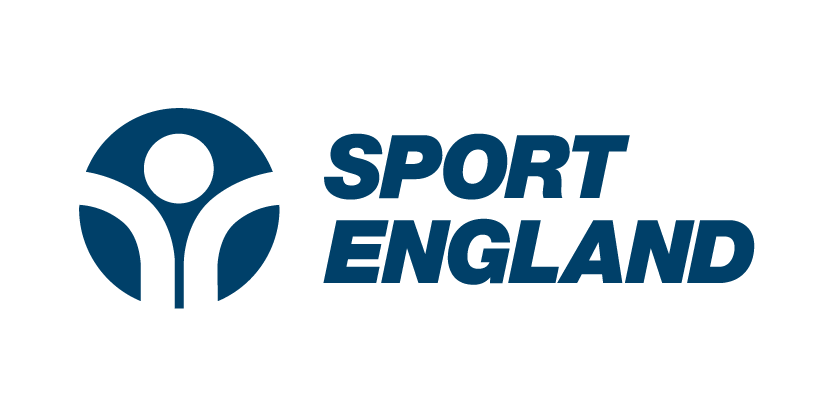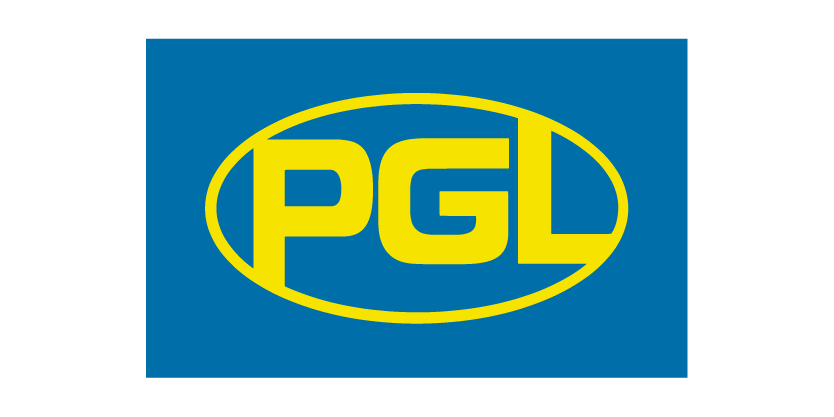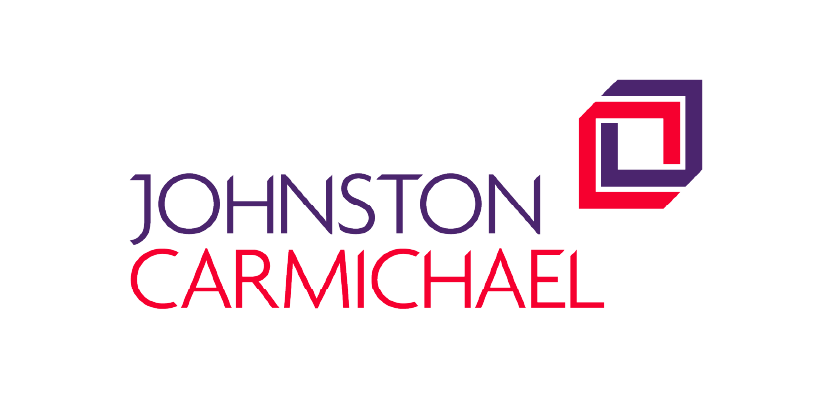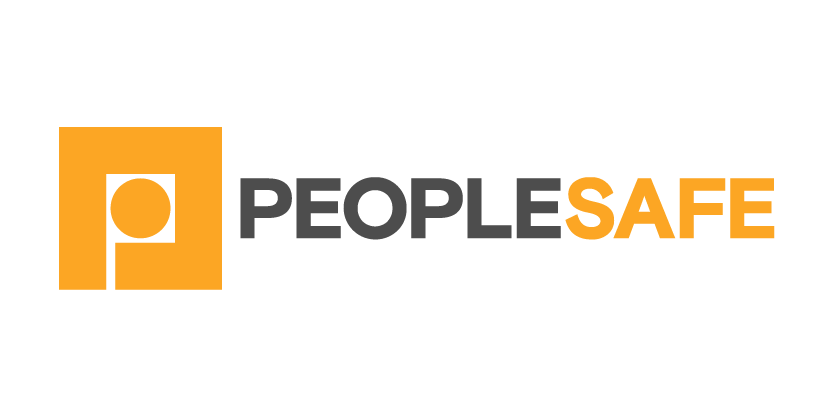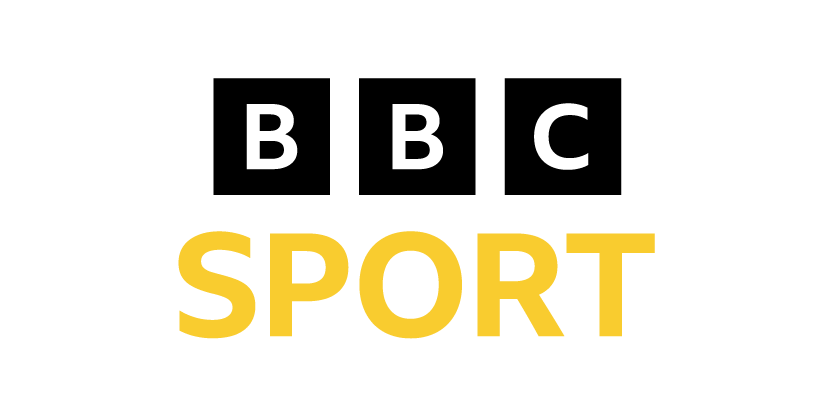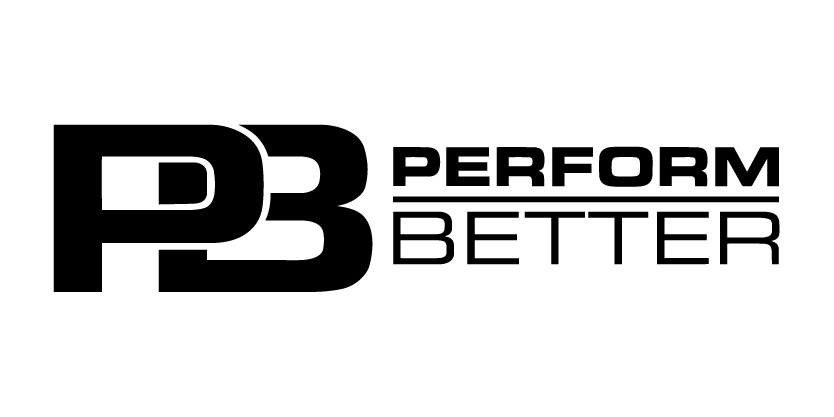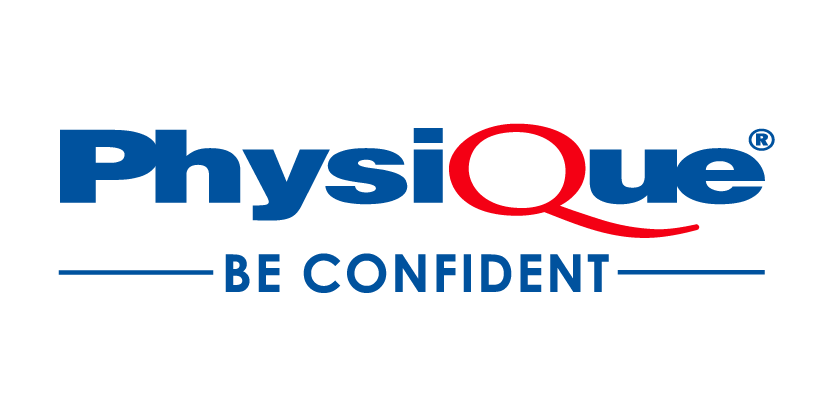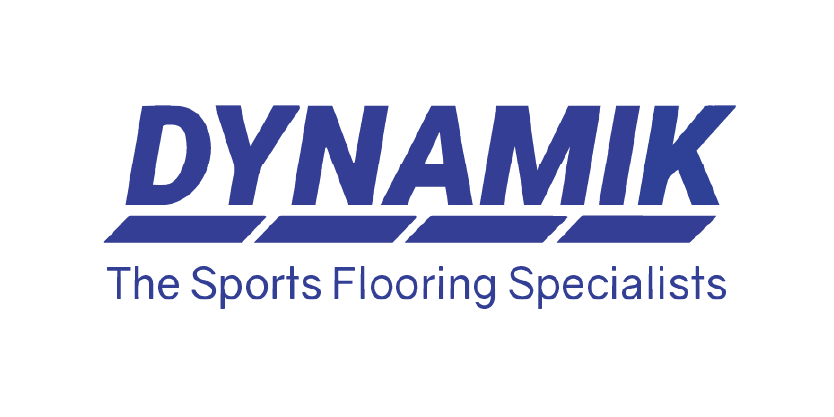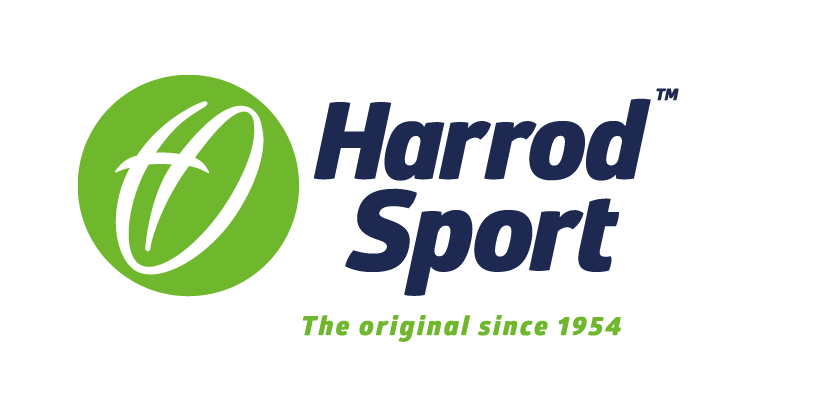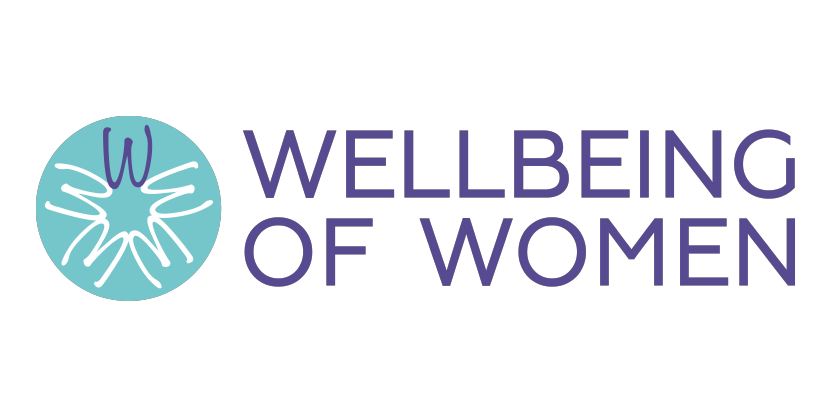Click play for an audio readthrough of this article
Steps and staples in your recovery journey back to sport, to life, to you …
If you’re pregnant or have recently had a baby, you probably know the vital role nutrition is playing – and will continue to play – in your return to sport. Your return to you, to life.
In basic terms, the postnatal body has a huge repair job on its hands and nutrition is the foundation of the reconstruction effort.
Five facts of postnatal nutrition
- You’re eating to heal
Nutrition is key to ensure you heal from the blood loss, tissue damage and overall trauma of childbirth. Even if you take the act of giving birth out of the equation, no doubt you were switched on, sleep deprived and very, very sore for several days on end.
- You’re eating to function
Your body needs healthy doses of energy and nutrients more than ever as it tries to bring all its functions and systems back online. We know life has changed and it’s all a bit hectic with a new human to care for, so forward planning and meal prep are key to ensure you’ve access to good food even when you’re tired, busy, and distracted.
- You’re eating for baby
Remember that your nutrition may not just be supporting you. If you’re breastfeeding it’s supporting baby too. Even if you’re not, baby needs you alert and on-hand – and nutrition sits behind that.
- You’re eating for your cycle
As mentioned at point 2., pre-pregnancy functions, notably the menstrual cycle, are waiting to come back online. Good nutrition will restore rhythm to the body and ultimately accelerate your cycle’s healthy return.
- You’re eating to train
When it’s safe to start training, and we’ve a whole article on that, remember that your nutrition has to satisfy your energy needs on top of everything else that’s going on in life.
More on eating to heal
As said, nutrition is the ground zero on which you’re rebuilding your body after a lifechanging, serious physical and emotional adventure.
Of course, not all pregnancies and labours are the same, but even so the female body can take a full calendar year to recover from the experience. Thankfully, there are some nutrition staples that’ll help you on your way.
Antioxidants
If you don’t know, so-called free radicals roam the human body. They’re annoying things which target cells and try to break them down … which is the opposite of what we’re going for now. The best way to kill the killers is via foods rich in antioxidants, such as nuts, veggies, fruit and especially dried fruit.
Zinc & Vit A
You can further boost cell regeneration via zinc (found in shellfish, mussels, seeds), and vitamin A (found in leafy green vegetables and orange and yellow vegetables) which has additional benefits for the immune system.
Vit C
Speaking of which, so does vitamin C and you’ll find that in citrus fruits, tomatoes and green cruciferous vegetables like broccoli, sprouts, cabbage and cauliflower. Vit C not only helps to heal the body and fend off illness it’s important in stress reduction too.
More recovery tips
Good fats (inc. omega 3): boost cell regeneration, brain health and to help reduce inflammation. Found in nuts, salmon, olive oil and avocado.
Protein / amino acids: these are the building blocks of collagen, which rebuilds muscles, fascia and connective tissues, including in the pelvic floor and for healing diastasis recti – the separation of stomach muscles.
Iron: essential in producing haemoglobin, or oxygen in the blood. Women lose a significant amount of blood during childbirth so iron-rich foods (such as green leafy vegetables, beans, and legumes) will replenish stocks and reduce the risk of iron deficiency anaemia.
Water: collagen and connective tissue are made up of between 70 and 80% water, hence hydration will further aid tissue repair.
Fibrous foods: help with the removal of excess toxins and hormones.
Eight-a-day: constipation is common after childbirth and this is problematic. Constipation can stall the recovery of the pelvic floor and any prolapse symptoms. We suggest you up your vegetable intake to eight portions per day to keep the bowels and the recovery process moving.
Sleep: a massively important source of fuel. Poor sleep interferes with the body’s recovery processes. We know sleep can be a bit of a luxury for new mums but try try try to pack in what you can get because, among other things, sleep powers protein synthesis which basically is muscle repair and tissue recovery.
Foods that can inhibit recovery
- Sugar can cause inflammation in the body and therefore reduce the potential for healing. We know that many new mums crave sugar (and visitors gift sugar in all its forms – including alcohol) so limiting intake may require resilience. Scroll down to our tips section for advice.
Weight loss and breastfeeding
Many women, especially active women, have particularly sharp concerns about their weight and seek to return to their pre-pregnancy weight ASAP. This can be challenging.
The first thing to say is that a healthy diet and lifestyle (including sleep) plus appropriate and regular exercise will lead to weight loss, albeit a little patience is required. This goes double for breastfeeding mums who are suggested to wait 6-8 weeks before trying to lose weight.
For breastfeeding mums, this waiting period is to establish a good milk supply and get used to consuming the recommended (by The Centre for Disease Control and Prevention) extra 330 – 400 kilocalories per day versus calories consumed pre-pregnancy.
Weight loss isn’t just about food …
It’s also important to state that diet and exercise aren’t the only things that matter in postnatal weight loss. There are other forces in play in the body which can, if untreated, ensure weight loss (and repair and recovery) is a longer, tougher journey.
For example, oestrogen levels are lower in the postnatal body and that’ll make you more sensitive and resistant to insulin. That’s a recipe for weight gain and doubly so if you’re stressed and / or not sleeping well …
Sleep and calm are vital if you’re to resettle the body’s natural hormonal rhythm and bring those low oestrogen levels back to base. More than just that, sleeplessness and stress are weight-gain-contributors themselves.
Poor sleep stimulates release of ghrelin – the so-called hunger hormone – hence tiredness tends to lead to overeating. High cortisol (stress) levels can, for a multitude of reasons, lead to weight gain, not least because being stressed throws the body into its fight-or-flight mode which triggers fat storage.
Suffice to say we need more sleep and less stress to lose weight. A good starting point for both is to limit offending foods, such as sugar, caffeine and alcohol.
Tips for good postnatal nutrition
Eat four meals a day: breakfast, early lunch, mid afternoon and evening. Keep energy supplies even all through the day.
Vegetables at every meal (aim for 8+ portions a day): veg to heal and keep bowels moving.
Focus on protein: regular high-quality protein powers the rebuilding and recovery process.
Stash water bottles all over the house: in a busy new life it’s easy to forget hydration so stash water bottles in convenient places around the house so there’s always water to hand.
Have a shake pot: keep a pot full of mixed seeds next to the cooker so you can always throw a handful on anything for an easy, instant good-fat-vitamin boost.
Stock up the freezer: batch cook and stock up so it’s always there when you need good food.
Write simple rules around treats: treats are great and you deserve them but keep to some golden rules. Only at weekends, only after 6pm, only on Fridays … whatever works for you.
As a reminder, the content of the course belongs to The Well HQ. You have permission to access and use the content yourself or, if you are an organisation, for the number of users selected, but are not otherwise permitted to share such content with others, all in accordance with our Course Terms and Conditions.

